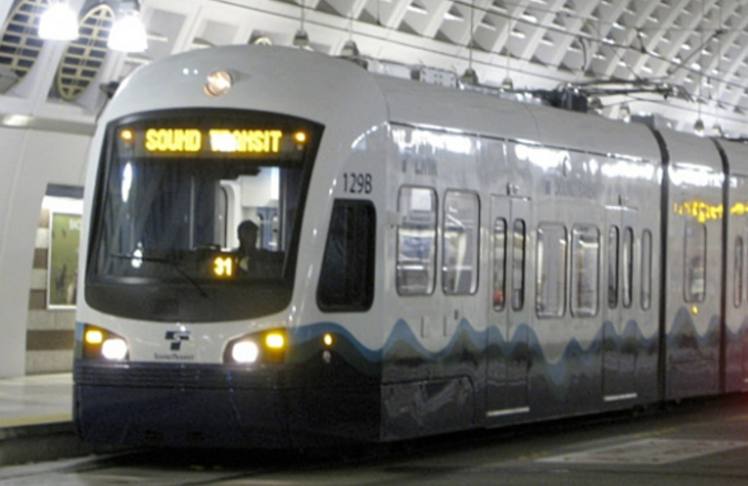Drivers Bothered By Drug Use On Seattle Metro
Metro policy strictly prohibits using drugs on board buses. The transit agency is currently trying to double its staff of security guard to respond to safety issues on buses and at transit stations, including complaints of drug use. The post Drivers Bothered By Drug Use On Seattle Metro appeared first on The Seattle Medium.


Drug use on the Metro is being reported by drivers. “I really hadn’t ever heard of fentanyl smoking on the bus when I was hired by Metro,” a bus driver told local media. “I don’t want to be put in a predicament where I’m around drugs every day on my job – I didn’t sign up for that.” The driver complained about drug use and second hand smoke on the bus lines. King County Metro data shows there were 1,885 reports of drug use on the bus system in 2022. 52 transit operators reported being exposed to smoke from drugs, and 16 operators filed worker’s comp claims.
Metro policy strictly prohibits using drugs on board buses. The transit agency is currently trying to double its staff of security guard to respond to safety issues on buses and at transit stations, including complaints of drug use. “Metro is improving safety for both employees and customers. Drug use is prohibited on transit, and we are doubling our transit security staff to 140 officers with Council support. We’ve added a second security contractor to support our efforts countywide. These staff members are key to addressing reports from operators and customers and reduce incidents on buses and at transit locations,” a Metro spokesperson wrote.
On the contrary, Seattle-King County Public Health officials say second hand fentanyl smoke is not a threat. Dr. Scott Phillips, the medical director of the Washington Poison Center, said “When someone smokes fentanyl, most of the drug has been filtered out by the user before there is secondhand smoke. It doesn’t just sort of float around … there’s no real risk for the everyday person being exposed to secondhand opioid smoke.”
Health department representatives told workers and riders that media reports frequently get the facts wrong about secondhand fentanyl exposure. “It’s important to note when you see fentanyl reporting that you take a really critical eye because there is a lot of misinformation out there,” said Thea Oliphant-Wells, a social worker for Seattle and King County Public Health. “We’re not seeing folks developing second hand exposure, this is just not happening. Not to say that it could never happen, but we’re not seeing it.” Oliphant-Wells told Metro workers and riders that it is not a bad thing for drug users to do drugs in public. “We don’t want people to be using in private spaces alone, we want people to be using in a place where if they overdose they can be discovered and helped through that overdose,” she said.
“There are no established federal or consensus occupational exposure limits for illicit drugs,” the CDC says. Williams, the Seattle bus driver, is now on leave while he receives medical testing for exposure to fentanyl smoke. “I just know when we’re sick, we should be checked and listened to,” he said. The Center for Disease Control and Prevention (CDC) said in a post that it does not have data on occupational exposure to illicit drugs.
The post Drivers Bothered By Drug Use On Seattle Metro appeared first on The Seattle Medium.







